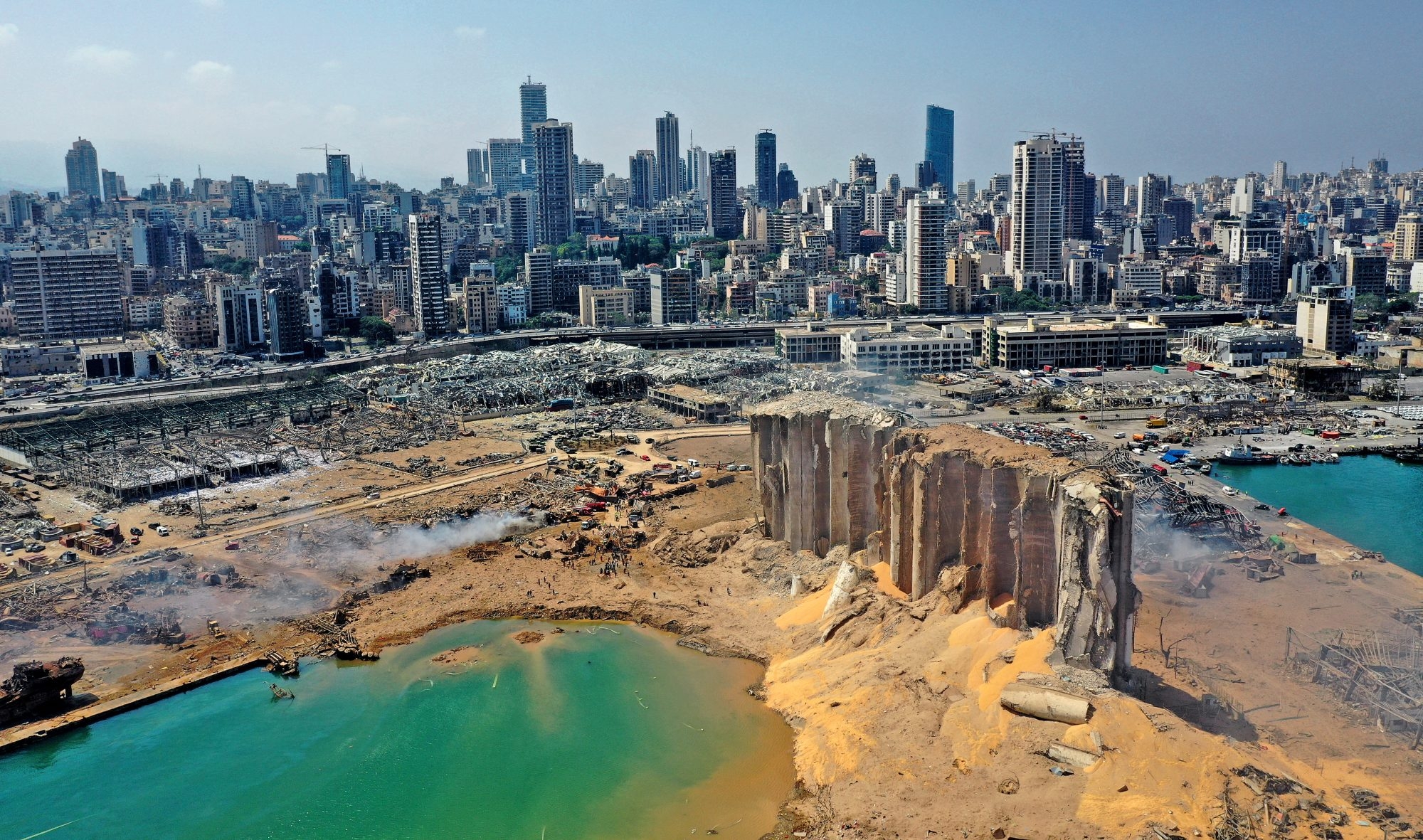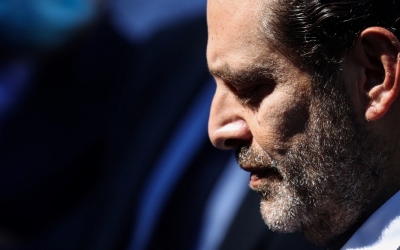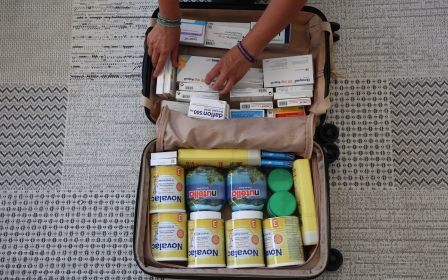Lebanon: FBI says chemicals in Beirut blast only a fraction of original shipment

The amount of ammonium nitrate that blew up in Lebanon's capital Beirut last year was one-fifth of the shipment unloaded there in 2013, the FBI concluded after the devastating port explosion, adding to suspicions that much of the cargo had gone missing.
As the first anniversary of the blast approaches on 4 August, major questions remain unanswered, including how a huge quantity of ammonium nitrate - which can be used to make fertiliser or bombs - was left unsafely stored in the capital for years.
The explosion was one of the largest non-nuclear explosions ever recorded that devastated entire neighbourhoods of Beirut, killing more than 200 people, wounding thousands, and leaving 300,000 people homeless.
The FBI's 7 October report, which was seen by Reuters this week, estimates that around 552 tonnes of ammonium nitrate exploded that day - much less than the 2,754 tonnes that arrived on a Russian-leased cargo ship in 2013.
The FBI report - which came out after US investigators went to Beirut at Lebanon's request - does not give any explanation as to how the discrepancy arose or where the rest of the shipment may have gone.
New MEE newsletter: Jerusalem Dispatch
Sign up to get the latest insights and analysis on Israel-Palestine, alongside Turkey Unpacked and other MEE newsletters
In response to a detailed request for comment, an FBI spokesperson referred Reuters to Lebanese authorities.
A senior Lebanese official who was aware of the FBI report and its findings said Lebanese authorities agreed with the Bureau on the quantity that exploded.
Many officials in Lebanon have previously said in private they believe a lot of the shipment was stolen.
The ammonium nitrate shipment was going from Georgia to Mozambique on a Russian-leased cargo ship when the captain says he was instructed to make an unscheduled stop in Beirut and take on extra cargo.
The ship arrived in Beirut in November 2013 but never left, becoming tangled in a legal dispute over unpaid port fees and ship defects. No one ever came forward to claim the shipment.
The senior Lebanese official told Reuters there were no firm conclusions as to why the quantity that exploded was less than the original shipment. One theory was that part of it was stolen. A second theory was that only part of the shipment detonated, with the rest blown out to sea, the official said.
The FBI report said "an approximate amount reaching around 552 metric tonnes of ammonium nitrate exploded in Warehouse 12".
It noted the warehouse was large enough to house the 2,754-tonne shipment, which was stored in one-tonne bags, but added "it is not logical that all of them were present at the time of the explosion".
The explosion has been widely blamed on Lebanon's political class, through a mixture of corruption and incompetence. Ordinary Lebanese have grown increasingly angry that no senior officials have been held accountable for the explosion despite a number of high-ranking figures being aware of the dangers represented by the ammonium nitrate shipment long before the blast.
Human Rights Watch has accused Lebanon's political leaders of deliberately "stalling" an investigation into the explosion.
The explosion occurred as Lebanon was already suffering from a devastating economic crisis compounded by the Covid-19 pandemic in the wake of an uprising that began in October 2019 against its ruling political class.
Middle East Eye delivers independent and unrivalled coverage and analysis of the Middle East, North Africa and beyond. To learn more about republishing this content and the associated fees, please fill out this form. More about MEE can be found here.





